By Season
By Interest
By Group
Call us toll-free now
Book with an expert for free:
1-888-488-0592
Prefer us to call you? Drop your number in the box:
24 hours a day, Monday - Friday
Events and festivals in
Croatia
Events and festivals in Croatia
Religious traditions are deeply rooted in Croatia, where many of their festivities are related to the church. Christmas marks the beginning of the Croatian calendar of annual celebrations, in which Easter is celebrated fervently throughout the tiny villages and large cities of the country. One of its most popular religious festivities is celebrated on the island of Hvar where the procession of Za Krizen has recently been declared by UNESCO as an Intangible Heritage of Humanity. Rijeka Carnival, a pagan festival, the third most important in the world attended by thousands of participants. Considered the Jewel of the Adriatic, Dubrovnik, has the best cultural events in the country such as its Summer Festival or the Dubrovnik Film Festival.
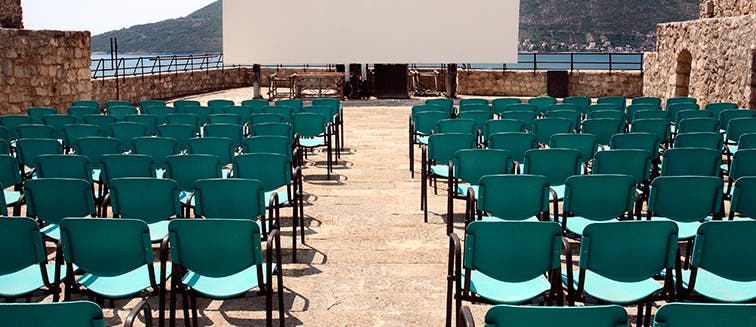
Dubrovnik International Film Festival
This film festival is the most important in Croatia. It is celebrated in the city of Dubrovnik, where for four days works of independent filmmakers are broadcast, both from the country itself and from other countries of the world. It awards prizes to young directors and serves as a showcase for many of them to make themselves known.
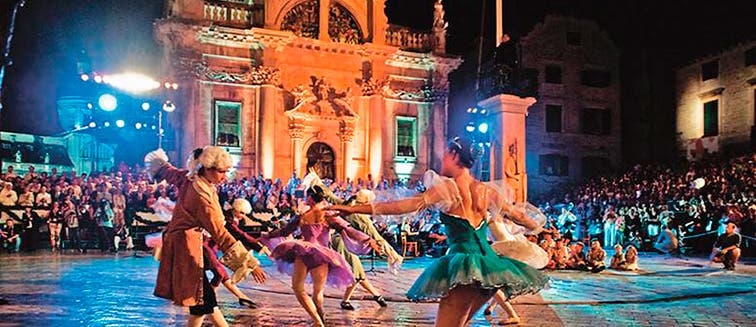
Dubrovnik Summer Festival
Since 1950, Dubrovnik has celebrated this traditional Summer Festival that brings together music concerts of different styles, plays and dance performances. In total, more than 70 stages are set up, and artists from all over the world have participated in recent years. Many of the events are outdoors, taking advantage of the good summer weather, and the event is free.
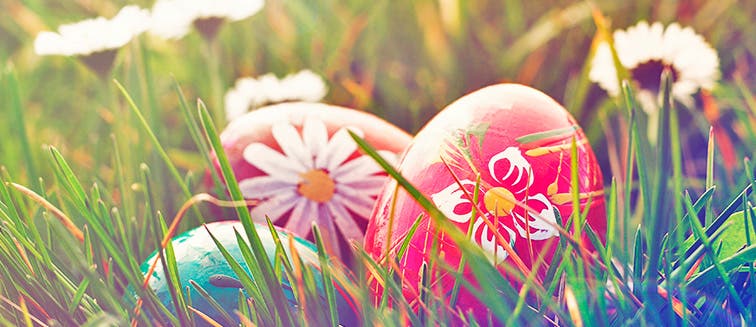
Easter Week
As a Catholic country, Croatia also celebrates Holy Week with processions and a plethora of religious events. During Easter, the most common symbol is painted eggs, so in many of the towns and cities of the country, you can see flea markets with these objects or workshops where children adorn their own egg shells. On the first Sunday after Easter, in Medjimurje, the young people exchange painted eggs as a symbol of friendship and twinning.
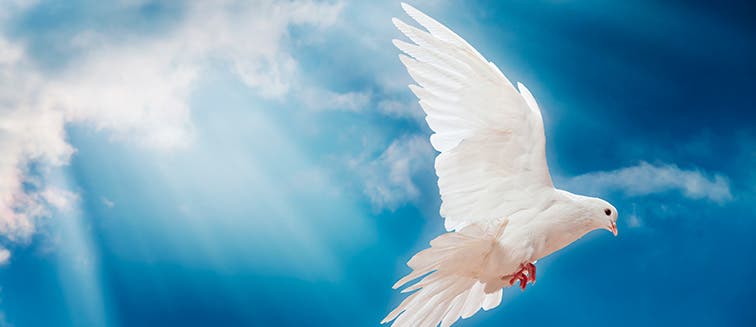
Festival of St. Blaise
This religious festival has been celebrated in Dubrovnik since the year 971. The figure of St. Blaise is consecrated, who is said to have saved the city from the Venetian invasion. The day before is the feast of the Virgen de la Candelaria, when white doves are released, while February 3rd is when the procession itself is enjoyed.

Rijeka Carnival
For almost a month the Croatian city of Rijeka, located in the Kvarner region, is filled with colourful costumes and festivities. It is considered the third largest Carnival in the world since more than ten thousand people from all over the world participate in its parade. During the opening ceremony, the queen of the festivities is crowned and the keys of the city are handed over. There are also fancy dress and fireworks contests.
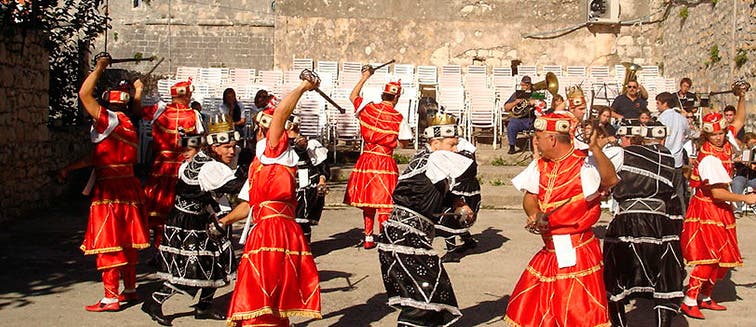
Show of Swords
This famed show is celebrated on the island of Korcula at the end of July. It recreates the struggle, by its inhabitants, against the Arab invasion, so a traditional sword dance is performed in which two kings are represented, one dressed in white and one in black representing good and evil. Both fight for the freedom and love of a woman.
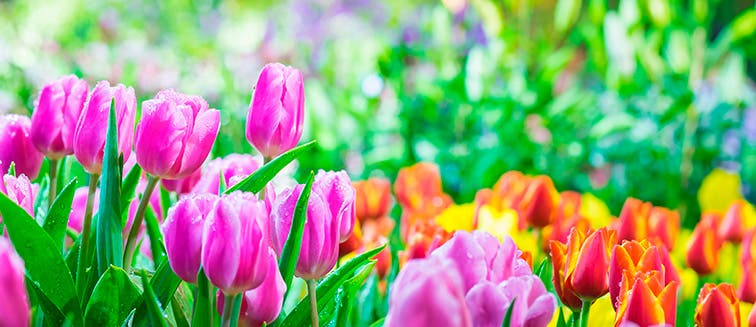
St. George's Day
On the day of St. George several localities of Croatia take the opportunity to welcome Spring. Farmers decorate their cattle with flower crowns to scare away the evil spirits and in the cities, colourful parades are organized in which traditional songs and dancing take place.
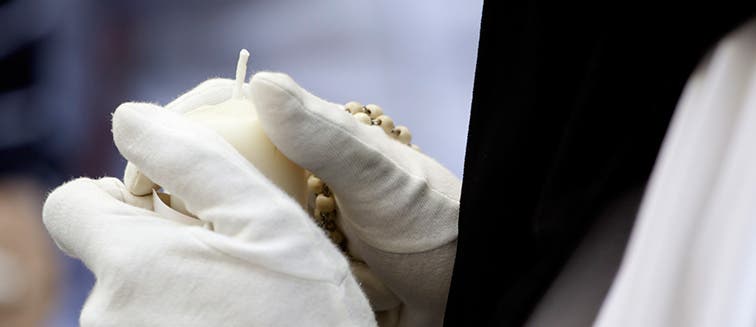
Za Krizen Procession
Declared by UNESCO as an Intangible Heritage of Humanity, the procession of Za Krizen is the largest holiday on the island of Hvar. Several groups of neighbours walk 25 kilometres through the different towns on the island carrying a cross. Other members of the procession carry candelabras, candles and lanterns and sing the Lament of the Virgin Mary. In each of the towns, they receive the blessing of their parish priests until they return to their initial point.